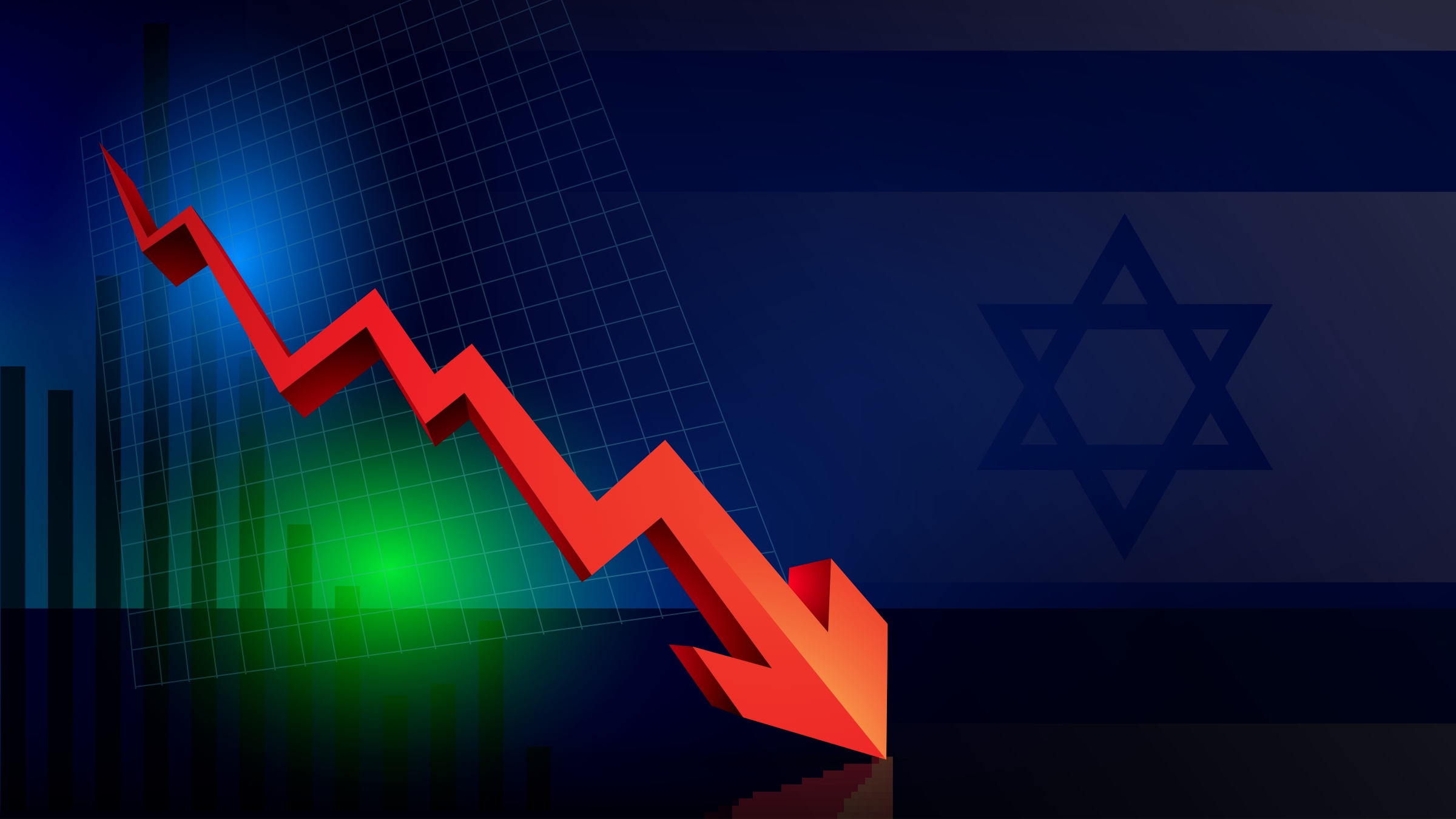
As Israeli warplanes strike Gaza, Lebanon, Iran, and Yemen and Iranian missiles retaliate at Israeli cities, the war brews in the rubbles threatening the Israel economy foundation.
Israel’s reputation as a “Tech Hub of the Middle East” has investors after it regardless of their stance, sadly. The economy boasts over $540 billion in the Israel defense spending GDP and a technology intensive sector representing over 40% of its exports.
Foreign investment comes to it, with over $22 billion of direct investment alone in 2022, mainly for producers of surveillance software, drone technology, and AI-enabled defense systems.
Many of these technologies are “field-tested” on Palestinian territories and neighboring countries, turning war zones into laboratories. From the Pegasus spyware developed by NSO Group to Rafael’s air defense systems and Elbit Systems’ drones, Israel economy has transformed military experimentation into commercial success.
The cycle where aggression drives demand for innovation generates profits but at a high price. The more violence Israel defense spending exports or engages in, the more its tech economy thrives. However, this model is not sustainable in a world that increasingly demands ethical accountability.
What Are the Causes of High Israel Living Cost?
According to the International Monetary Fund (IMF), the Israel economy is slowing down. Growth shrank to 1.8% in 2023 and is projected to only 1% in 2024, down from 6.3% in 2022.
Lowering consumer confidence, international search, and an unstable investment climate linked to long term wars.
In the 12-days war with Iran, and nearly two years of ongoing war in Gaza, Lebanon, Yemen, and now Syria, have left deep scars, according to The Media Line’s Maayan Hoffman. Businesses have been destroyed, including Khir Diab’s bakery in Tamra, after being leveled by an Iranian missile in the same manner that the Israel tech sector had done with businesses in Gaza, Lebanon, Yemen, and Iran.
Israel needs to be attentive to the fact that when one points a finger at someone, one must remember that four others are pointing back at you. And the “only democracy in the Middle East” seems to have forgotten that critical aspect, as it went out destroyed, and wreaking havoc on its neighbors.
Israel’s Finance Ministry estimates over NIS 20 billion in damage almost twice the cost of the “Hamas led” October 7 attacks forgetting the Nakba that took place in 1948.
Compensation claims of approximately $38,700 – initial assessments, with experts saying will increase – have been submitted, but red tape and a lack of resources leave thousands stuck in the impact of Israel-Palestine conflict on world economy.
Around 20% of Palestinians live under the poverty line, in the occupied Palestinian territories, contrasting Israel’s economic growth – in the same occupied territories. Despite the Israel budget deficit debt-to-GDP ratio, its booming tech sector fuels wealth, yet inequality remains stark.
In layman’s terms, basically, Israel’s whole economic power derives from its position as an innovation hub – not just in the Mediterranean region, but globally – but that doesn’t hide the widening of economic disparities, with wealth concentrated among few.
The Israel budget deficit debt-to- GDP challenge coexists with prosperity, exposing uneven development. In parallel, what we can take from the Palestinian poverty is that Israeli–induced gap between innovation and deprivation is so profound, it has become a case study of local economic divides in the Occupied Territories, and the whole Middle East.
Israel Economy Threat of Collapse
Western double standards have helped the Israel war economy to strive. The US sends a whopping $4.5 billion annually in economic and military aid, and the EU increases high-tech collaboration. Other countries, like Russia or Iran remain hit with punitive sanctions, which almost crippled their economies, if it wasn’t for the BRICS alliance.
There’s an inconsistency not only in demoralizing international law but also erodes investor confidence in the long term.
The irony is hard due to an effect of boycott on Israel economy that thrives in war may not survive peace. If genuine peace were achieved, Israel’s security focused tech sector would shrink, destabilizing the very engine of its GDP. Without instability, the “demand” for field tested tech would disappear.
In the long run, this Israel economy structure rooted in surveillance, war, and inequality is a fragile mask. It creates a direct threat not only to regional peace but also to Israel’s own sustainability.
Inside Telecom provides you with an extensive list of content covering all aspects of the tech industry. Keep an eye on our Tech sections to stay informed and up-to-date with our daily articles.